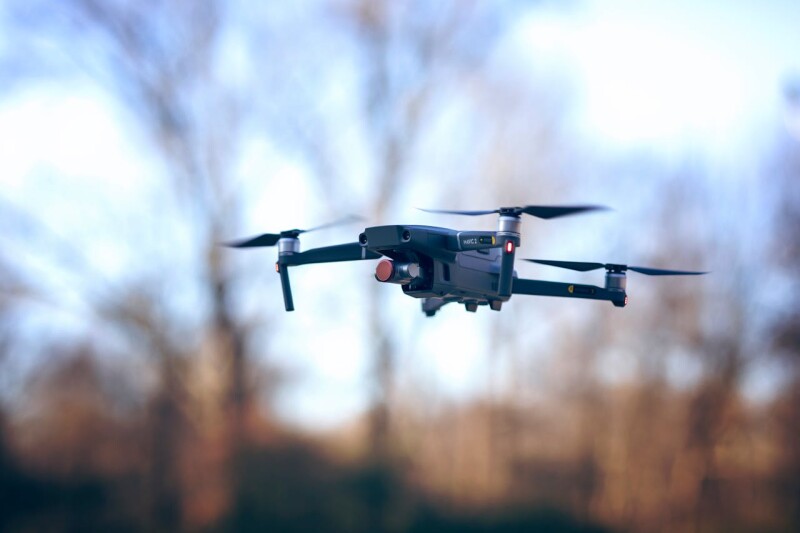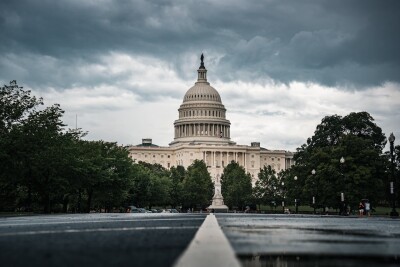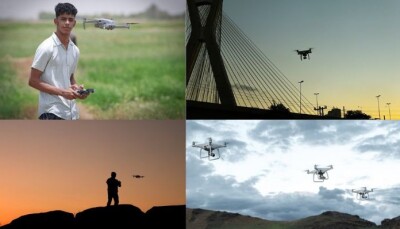Earlier this month, the US House of Representatives passed the Countering CCP Drones Act, a bill that would add DJI to the Federal Communications Commission’s (FCC) Covered List. Designed to address threats posed by Chinese-made technology, the bill would effectively prohibit new models of DJI drones from operating on communications networks in the US.
The Countering CCP Drones Act was one of 25 bills passed by the House in September aimed at “military, economic, ideological, and technological threats posed by the Chinese Communist Party.” The bill, which was introduced by Representative Elise Stefanik (R-NY), now sits with the US Senate, where it will be reviewed and possibly added to the Senate version of the 2025 National Defense Authorization Act (NDAA).
Although the Countering CCP Drones Act received bipartisan support in the US House, there are many companies, organizations, and industry leaders who oppose the bill. Arguments against the bill include fears that the bill will slow overall growth in the US drone industry and increase costs to companies and public organizations looking to add uncrewed systems to their operations. Additionally, some have questioned the serverity of the threats posed by Chinese-made systems. Also, many law enforcement agencies, first responders, and farmers have invested heavily in DJI equipment, and a ban, some say, would severely curb their ability to do their work.
Here's a look at some of the discussions around the Countering CCP Drones Act:
- An opinion piece in Real Clear Policy said: “This legislative ban would harm American businesses, public safety, and bring significant unintended consequences! … most consumers across numerous sectors have come to rely on and utilize these small drones. Banning them could disrupt operations across various sectors and hurt small businesses and startups relying on this new digital tool. Companies that specialize in drone services, such as aerial photography or infrastructure inspections, could face significant setbacks. They would need to transition to other brands, perhaps facing delays and additional expenses. The ripple effect could lead to job losses, decreased revenue, and a slowdown in the broader economy as affected businesses attempt to navigate the new landscape.”
- The news site DronesXL stated: "We believe that fostering a competitive and innovative domestic drone industry is essential, but this should be done through proactive investment and support for U.S. Drone Companies, rather than reactive bans that could do more harm than good in the short term. Any policy decisions should be based on comprehensive research and expert testimony from a wide range of stakeholders to ensure that regulations enhance security without stifling innovation or hampering valuable work being done with drone technology across the United States.”
- Advexure, “one of the nation's largest dealers, distributors and systems integrators for unmanned drone systems and technology solutions” said: “Many myths and misconceptions about data security have emerged in the discourse surrounding DJI drones, particularly in the context of the Countering CCP Drones Act. A closer examination of DJI's data handling practices reveals a robust framework to protect user data and mitigate unauthorized access.”
- In a column published in The Waterloo-Cedars Falls Courier, Jeff Patch, an “Iowa-based writer focused on legal, regulatory and political challenges that impact businesses and markets,” stated: “These bills would radically restructure America’s agricultural economy and threaten public safety. The Senate owes it to farmers and first responders to hold a hearing to hear testimony and consider evidence about how these bills would impact their lives and livelihoods.”
Watch Commercial UAV News for regular updates on the Countering CCP Drones Act.















Comments